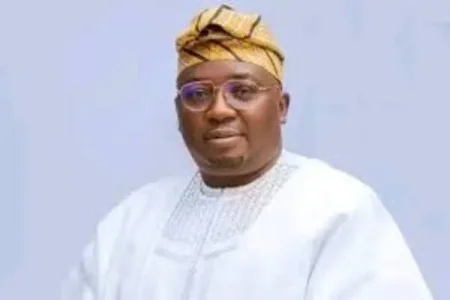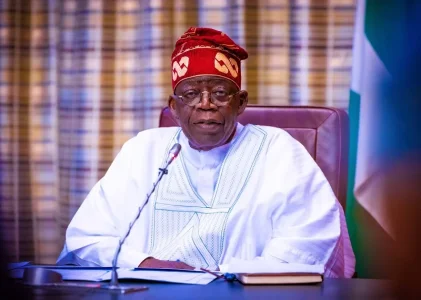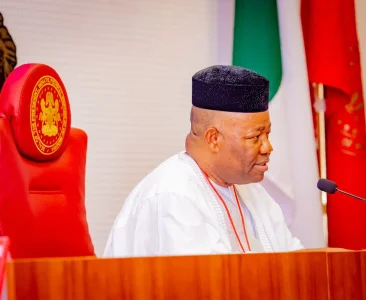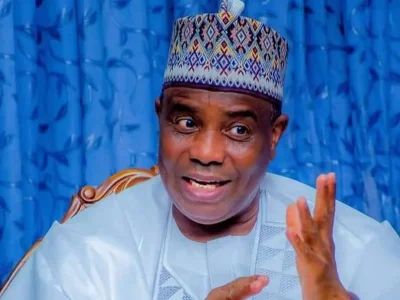
Power Minister Adebayo Adelabu defended the electricity tariff hike, citing 30-40% overall energy cost reductions for Band A consumers. He dismissed claims of increased production costs.
Minister of Power, Adebayo Adelabu, has addressed criticisms surrounding the recent electricity tariff increase for Band A customers, attributing the complaints to those who previously evaded paying electricity bills.
Speaking at the 8th Africa Energy Marketplace forum in Abuja, Adelabu asserted that the new tariff structure actually reduces overall energy costs for Band A consumers by 30 to 40 percent when considering combined expenses for grid electricity and generators.
Adelabu challenged the notion that the tariff hike has escalated production costs and consequently, the prices of goods and services.
He explained that the tariff is designed to alleviate economic hardships by offering a more consistent and cost-effective power supply. He emphasized that proper calculations would reveal significant savings on total energy expenditures, despite the higher bills, due to reduced reliance on costly diesel and generator maintenance.
Moreover, Adelabu criticized the persistent electricity issues in Nigeria despite the country's rich resources in solar, water, and gas. He lamented the inefficiencies that have plagued the sector for decades.
In the same forum, Dr. Kevin K. Kariuki, Vice President of the African Development Bank (AFDB), announced a $1 billion support package aimed at advancing Nigeria’s power sector reforms. This funding, through a policy-based operation, will back the implementation of the National Integrated Electricity Policy and Strategic Implementation Plan, contributing to the goals set by the new Electricity Act.
Adelabu's remarks and the AFDB's financial commitment reflect ongoing efforts to stabilize Nigeria's power sector and ensure that reforms translate into tangible benefits for consumers and manufacturers alike.




